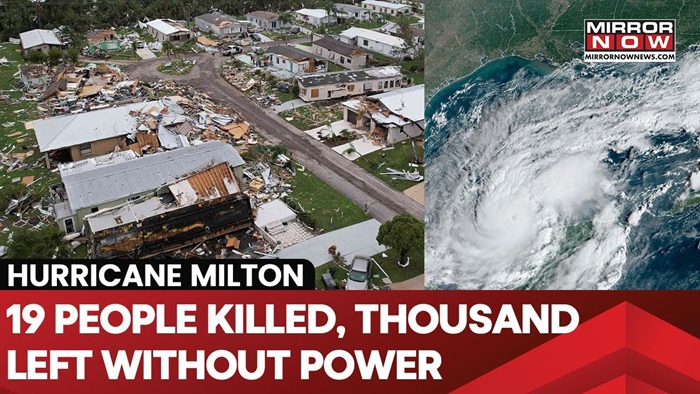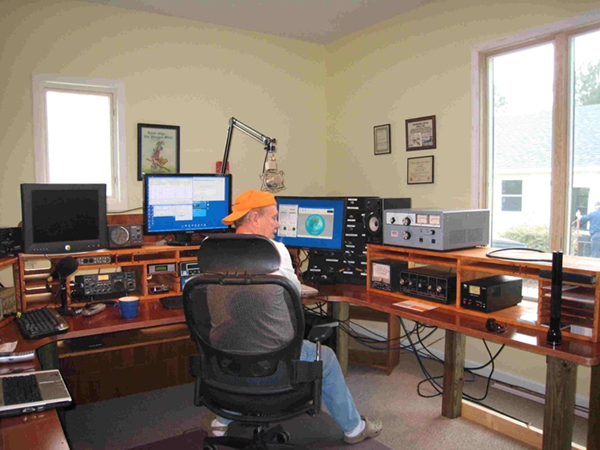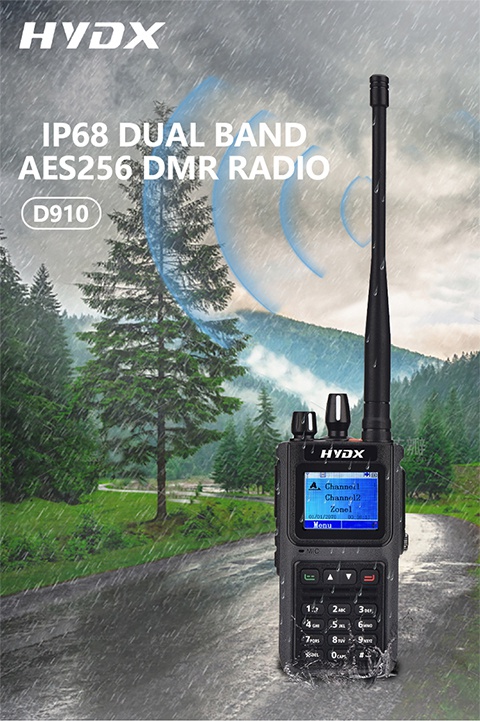Volunteer dmr amateur radio operators have played a crucial role in communications in the wake of Hurricane Helene, and now Hurricane Milton.
Josh Johnston is director of emergency management with the National Association for Amateur Radio. He said that amateur radio is robust. “In most cases amateur radio still operates and still functions,” he said.
Volunteers for the Amateur Radio Emergency Service (ARES) report storm and road conditions and can relay information about the welfare of people caught in natural disasters.
Johnston is proud of what amateur operators can do. “Honestly, the activity that's gone on in the last two weeks has just exemplified what we’ve been able and capable to do for many, many years now.”
Amateur radio operators who volunteer their time in these types of emergencies can be a crucial link not only for relief organizations such as FEMA and the Red Cross, but can pass along other types of information to the public before, during and after major disasters.
"They're able to relate real time information about what is happening and give ground truth as far as flooding and tornadic activity or whatever," he explained. "But they're also able to pass health and welfare traffic, or be able to get word out if they know that a family is safe and they've got a family member they're trying to contact."
Newer technology allows amateur radio operators to even send email from areas with no internet service.
In addition to the Amateur Radio Emergency Services is a group called The Radio Amateur Civil Emergency Service (RACES). It is a government-run organization that provides backup communications services during emergencies. RACES is activated by local civil defense officials.
Ned Lee, RACES officer for Bexar County, explained that “RACES is a last ditch method for Austin to communicate with county governments and local governments across the state.“
Lee’s job is to be a liaison to local government to connect officials to the state operations center.
“Our amateurs would move the Emergency Operations Center down at Brooks City Base, where we have a radio room with amateur radios in it, right off the main control room. And we would establish communications through ham radio back to Austin. So there would be a channel between San Antonio and Austin, and we could also interact with hams around the area with our long range radios to collect information and distribute information that way," he said.
Neither Lee nor Johnston were directly involved in the communications assistance provided during Hurricanes Helene and Milton.
Nevertheless, like Johnston, Lee appreciated the sacrifice and devotion of their colleagues in the field — not just in the southern states but across the U.S. Emergency communications is a small subset of amateur radio operators who have invested time, money and training for major disasters.
“When you see a disaster on the TV at night and you see people stepping in to take action, that just doesn't happen on a whim," he said. "This happens because people have been taking the time to invest in time and training and establish relationships. Amateur radio is part of that, and it's an important part of it. We hope that we don't have to use it.”


